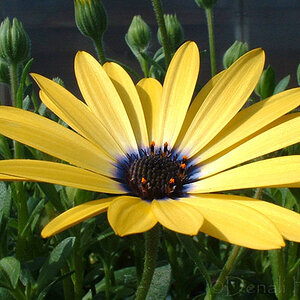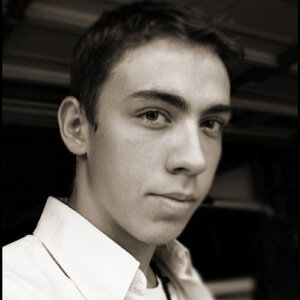stsinner
No longer a newbie, moving up!
- Joined
- Oct 27, 2008
- Messages
- 1,860
- Reaction score
- 8
- Location
- Massachusetts
- Can others edit my Photos
- Photos OK to edit
I guess just about everything anyone does is art of they're good at it, hence the cliche-"they have turned it into an art form... "





 of being able to see DOF with the DOF preview is something that can only be learned by practice. Modern DSLR's do make it more difficult than the older 35mm SLR film bodies due to their croped sensor and smaller viewfinder. If you have a film body around and a decently fast lens, I would suggest that you start there. If not then use the DSLR that you have.
of being able to see DOF with the DOF preview is something that can only be learned by practice. Modern DSLR's do make it more difficult than the older 35mm SLR film bodies due to their croped sensor and smaller viewfinder. If you have a film body around and a decently fast lens, I would suggest that you start there. If not then use the DSLR that you have.  , but with me just using a kit lense, that isn't very fast, I guess I'll have to try it outside with lots of light and see if I can get the results you mentioned.
, but with me just using a kit lense, that isn't very fast, I guess I'll have to try it outside with lots of light and see if I can get the results you mentioned.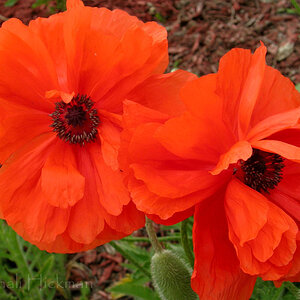
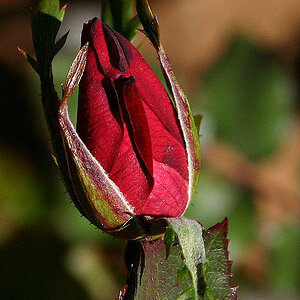
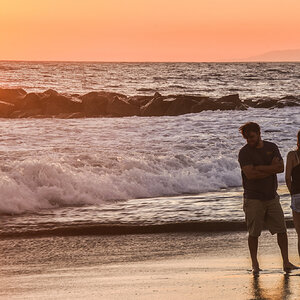
![[No title]](/data/xfmg/thumbnail/42/42480-70a0d1b3ccdeb380098dd12f512b4a17.jpg?1619740195)
![[No title]](/data/xfmg/thumbnail/32/32706-50b778fbc110c8ea4472547d54c6a923.jpg?1619735610)
![[No title]](/data/xfmg/thumbnail/37/37127-bf1c0cde30f216dbd2804a0e700d6433.jpg?1619737884)
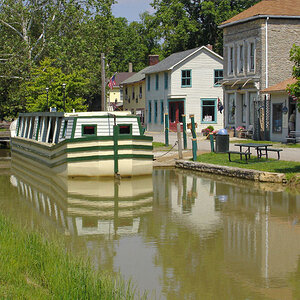
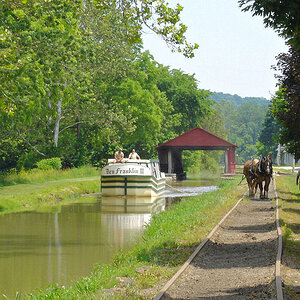
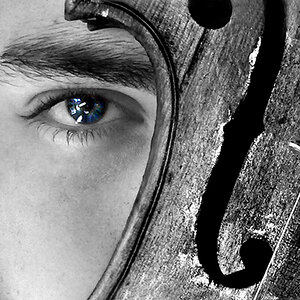
![[No title]](/data/xfmg/thumbnail/32/32703-dc864e762c9e91088156fdcab4aeea33.jpg?1619735606)
